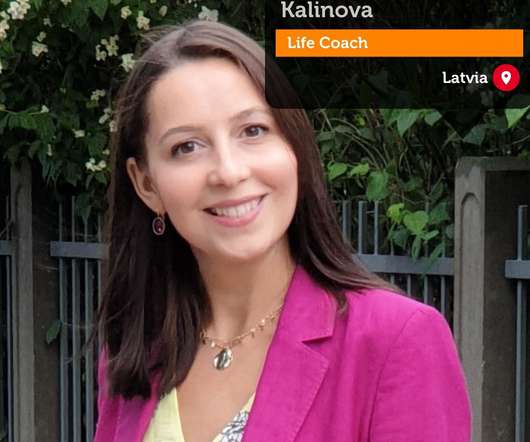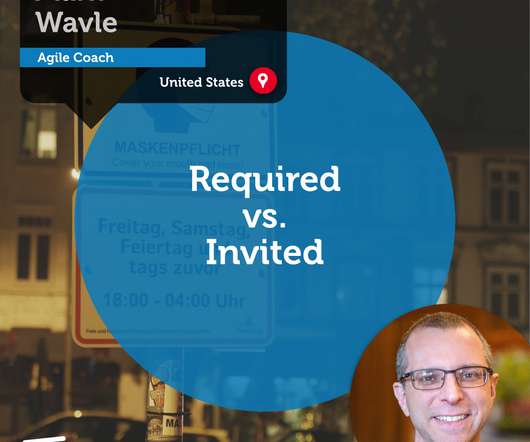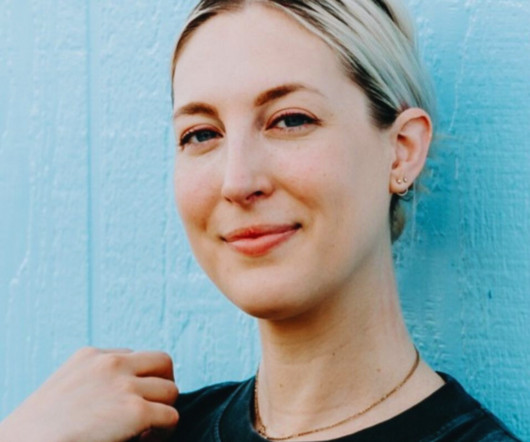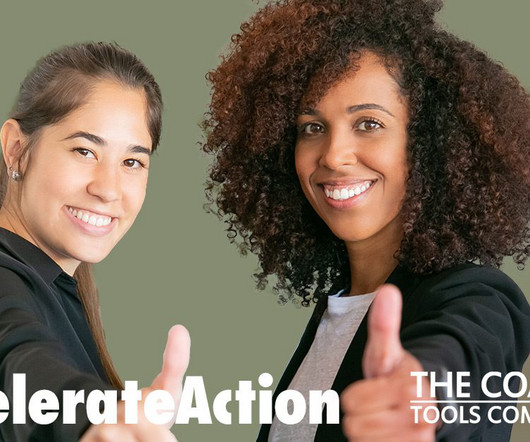Ego-Centric vs. Ego-Resilience
International Coach Academy
SEPTEMBER 22, 2024
According to the National Library of Medicine, “ego-resilience is an individual’s capacity to adapt to constantly changing environmental demands”(Farkas &Orosz, 2015). This is what inspired me to choose this topic as ego often flares up in my career coaching conversations with associates. link] Farkas, D., &Orosz, G.














Let's personalize your content